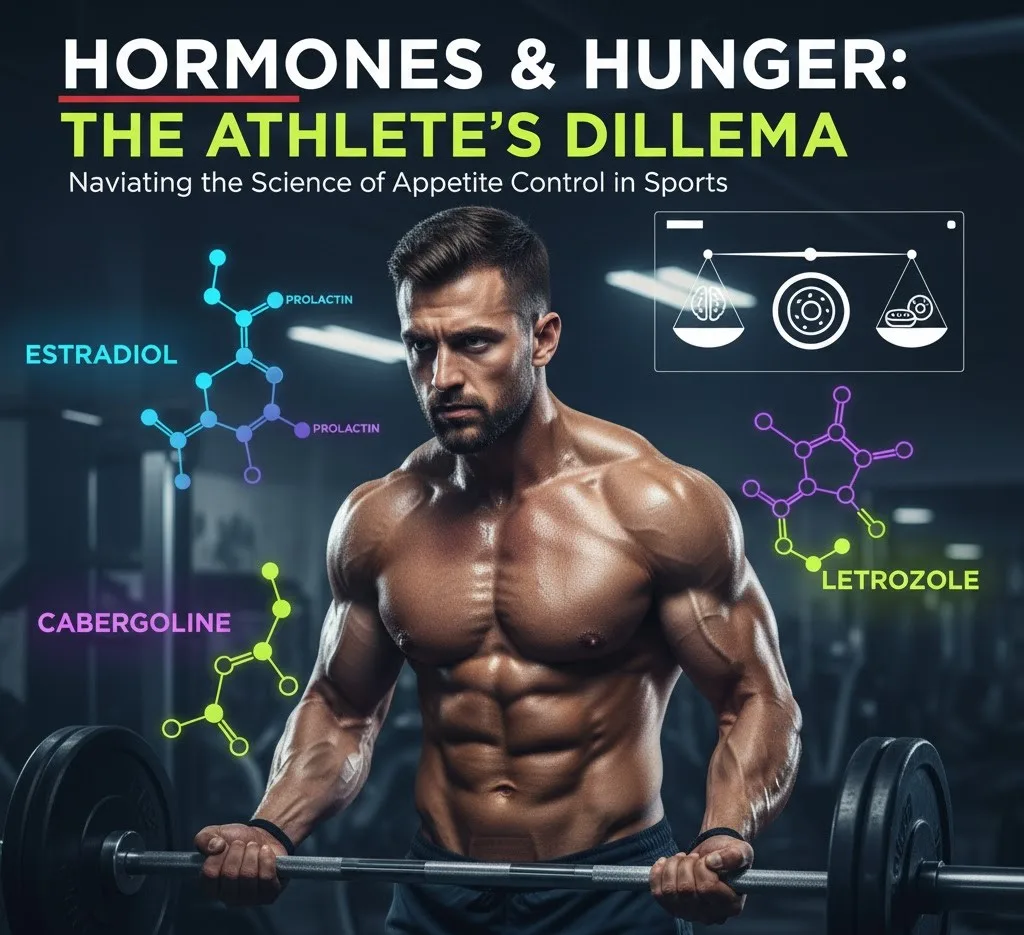It's a question that echoes through locker rooms and online forums: "Is it really optimal to undertake a cycle that necessitates such a full-on approach to hormone management?" For many athletes and fitness enthusiasts pushing the boundaries of physical performance, the answer often leans towards a complex balancing act.
A significant challenge arises for individuals who find that conventional methods fall short in controlling their estradiol and prolactin levels. Despite meticulous diet plans and rigorous training regimes designed to naturally regulate these hormones, some still struggle. The sentiment is clear: even if only a small percentage of the issue stems from unmanageable factors, or if there's simply no other recourse, the decision to introduce medications like Cabergoline and Letrozole becomes a crucial step.
The Unseen Battle: Hormones and Hunger
So, why the emphasis on these specific compounds? The answer lies in their profound and direct impact on one of the most fundamental aspects of an athlete's success: appetite.
-
Prolactin and Cabergoline: By lowering elevated prolactin levels with Cabergoline, athletes can often experience a significant reduction in appetite.
-
Estradiol and Letrozole: Similarly, through the estradiol pathway, Letrozole plays a critical role in curbing those notorious cravings for sweets and complex carbohydrates.
This connection isn't just theoretical; it's a phenomenon well-observed even in natural physiological processes. Consider the familiar pattern of women's monthly cycles, where a drop in estradiol levels frequently triggers heightened cravings for sugary and carb-rich foods. Now, imagine this amplified by performance-enhancing protocols, potentially leading to elevated prolactin levels on top of the estradiol fluctuations. The question then becomes, "How can an athlete possibly maintain dietary discipline when faced with such powerful internal urges?"
The bottom line is simple: unchecked, these hormonal shifts can lead to an uncontrollable appetite, easily drawing an athlete back to unhealthy cravings and undermining their entire dietary strategy.
The Pharmacological Perspective: A Tool, Not a Crutch
When discussing "general sports pharmacology," it's vital to differentiate it from broader medicinal applications. The prevailing viewpoint within this niche is that adding a tool like Cabergoline or Letrozole to manage significant side effects – such as an escalating appetite – should not be seen as an unnecessary complication.
Instead, the focus should remain on the primary goal: getting the job done right. This means carefully selecting and utilizing only those compounds that demonstrate clear efficacy and a favorable risk-benefit profile (often summarized as a "1 to 2 ratio" – indicating effective results with manageable downsides). The emphasis shifts from avoiding additional medications to strategically employing them when they are the most effective means to maintain course and achieve desired outcomes, particularly when it comes to preserving hard-earned dietary adherence.

